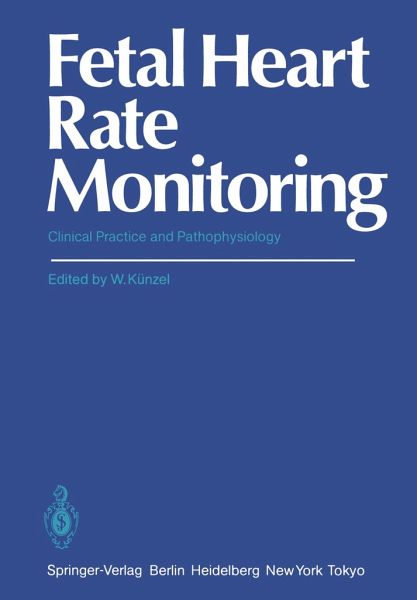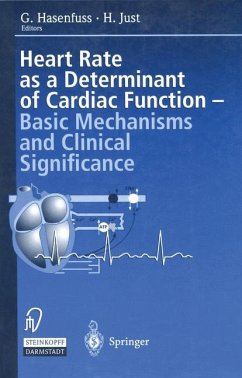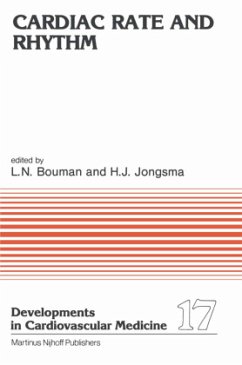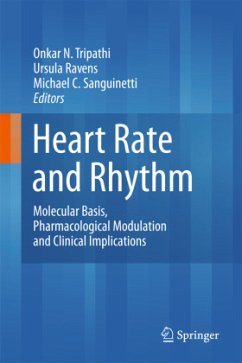
Fetal Heart Rate Monitoring
Clinical Practice and Pathophysiology
Herausgegeben: Künzel, Wolfgang

PAYBACK Punkte
38 °P sammeln!
In the past decade fetal heart rate monitoring has become a generally ac cepted method for fetal surveillance during pregnancy and labor. Although its importance has been doubted recently, I personally feel that this method has become an important obstetric tool. It has not only improved our knowledge about fetal behavior and fetal condition throughout gesta tion, but it has especially improved fetal surveillance during labor; the most dangerous period of human life has never been as safe as nowadays. The only people who can question the advantage of fetal heart rate moni toring are those who ...
In the past decade fetal heart rate monitoring has become a generally ac cepted method for fetal surveillance during pregnancy and labor. Although its importance has been doubted recently, I personally feel that this method has become an important obstetric tool. It has not only improved our knowledge about fetal behavior and fetal condition throughout gesta tion, but it has especially improved fetal surveillance during labor; the most dangerous period of human life has never been as safe as nowadays. The only people who can question the advantage of fetal heart rate moni toring are those who did not experience the period before fetal heart rate monitoring was generally introduced. The first paper on the history of fetal heart rate monitoring takes us back to the beginning of fetal surveillance and provides an introduction to the different aspects of fetal observation which are covered later in this volume. Common practices of fetal surveillance in different countries are discussed, and the paths that future developments will take are suggested. An outline of the physiological aspects of fetal heart rate regulation is fol lowed by discussion of the pathophysiology with which the obstetrician is very often confronted.












